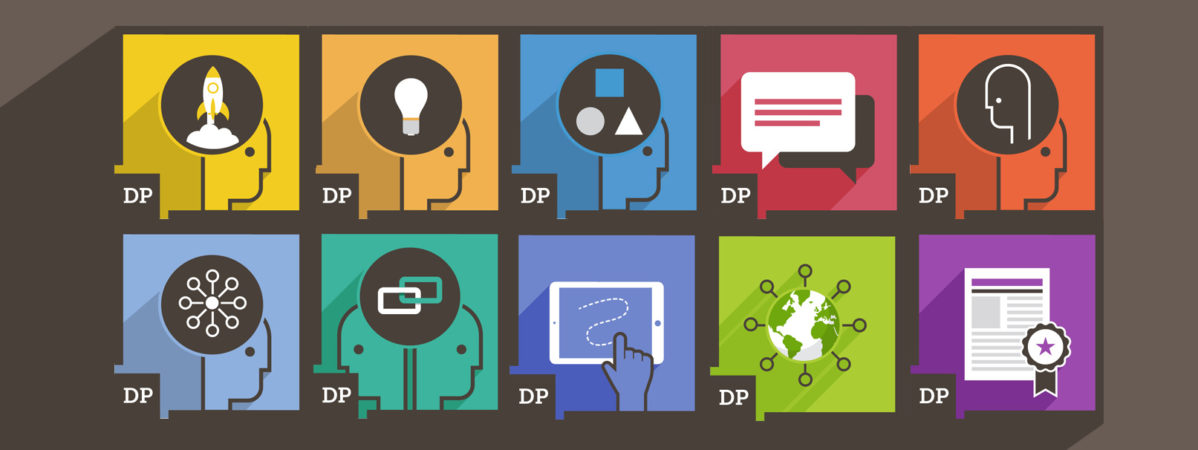
For today’s students to effectively compete in the global workforce, they must develop the skills, understandings, and mindsets necessary to prepare them for the careers and challenges of tomorrow. This means more than learning to read and write – it means being able to master academic content and apply that knowledge across contexts in a meaningful way.
For example, imagine a sixth grade classroom where students are deeply engaged in building controllers for robots that swim. One group experiments with settings that will allow their robots to sink by filling a bladder with water. Another works to perfect the speed controls on the motor. Yet another tests the design of the robot to ensure it can easily move through the water. Students are engaged and focused as they apply knowledge they learned in math, engineering, and science to inform their work.
These students are using skills articulated through “Deeper Learning,” a framework designed by the William and Flora Hewlett Foundation and many other education stakeholders. This framework serves as a guide for redesigning teaching and learning to ensure that students are engaged in classroom activities, motivated to persist, and developing key skills.
“Developing a System of Micro-credentials: Supporting Deeper Learning in the Classroom” is a new report from Digital Promise that explores the Deeper Learning Framework and identifies the specific skills students must master to succeed in college and their careers.
The report outlines the six key categories of skills for Deeper Learning, including:
Additionally, the report showcases the set of 40 educator micro-credentials Digital Promise designed to recognize educators who have developed the competencies necessary to support Deeper Learning in their classrooms.
Digital Promise is building a coalition of educators and partners to develop a system of micro-credentials that provides teachers with the opportunity to gain recognition for skills they master throughout their careers. Micro-credentials are based on demonstrations of competency in specific areas of teaching practice. Through the Deeper Learning micro-credentials, educators can identify and demonstrate key competencies they can apply in their classrooms, to ensure their students enter college and the workforce ready to tackle complex challenges.
For example, the list of micro-credentials includes:

As an emerging professional development strategy, educator micro-credentials can enable teachers to continuously identify, capture, recognize, and share their best practices. The Deeper Learning micro-credentials are just the beginning of this promising practice. Digital Promise is seeking new partners to focus on a wide range of competencies. If you are interested in exploring partnership opportunities, please email us here.
We’d love to hear what you think: What does Deeper Learning mean to you? How do you engage students with Deeper Learning experiences? What competencies were fundamental to your success?
Let us know in the comments below or @DigitalPromise using the hashtags #DeeperLearning and #MC4PD.